Women tend to value solution rather than process in times of crisis: Ashwini Deshpande
We, at Adgully, have always saluted and honoured women managers and leaders across diverse fields. Last year, we launched our unique and distinct program, called WOMEN DISRUPTORS, which drew a lot of attention and was highly appreciated by the industry. W-SUITE is a special initiative from Adgully that has been turning the spotlight on some of the most remarkable women achievers in M&E, Advertising & Marketing, PR & Communication industry. In the refurbished series, we will find out how women leaders have been managing their teams and work as well as how they have been navigating through the toughest and most challenging times brought about by the global pandemic.
In conversation with Adgully, Ashwini Deshpande, Co-founder, Director, Elephant Design, speaks about the changing face of women leadership in pandemic times, working remotely with our clients for all 31 years of Elephant’s existence, achieving work-life balance in times of crisis, and much more.
How do you think the role and scope of women leaders has widened in the post-pandemic world?
Leadership should not come with gender, age or racial tags. There are no concessions for tags. A great leader is just that. A great leader. However, each of us has our own upbringing that inevitably builds certain advantages and values. For example, it is believed that women have better EQ, and they are better at multi-tasking. Now, let us discuss pre-pandemic times. Women leaders have been more successful at building relationships with colleagues beyond strictly work-related, transactional ones. I believe that worked in their favour when it came to working remote. They had already planted the seeds. They did not have to start afresh. It was rather apparent that women adapted to the new ways of working quickly and got on with it as they had no time to lose. Interestingly, we have more women leaders in design in India, whether in independent agencies or network ones. All of them got on fabulously. I personally felt very liberated from 5 am flights and also from hiring people specific to a city or location.
The rapid transition to digital, an uncertain economic landscape, charting unknown waters, working from home with no modes of the usual contacts. How have you been navigating during the COVID-19 times? What were the challenges that you faced and how did you tackle them?
Elephant has been in Pune for all of its 31 years. However, we do not have any clients from Pune. So, in a sense we have worked remotely with our clients forever and we have managed to establish efficient ways of doing that over the years. A sense of time commitment and discipline of delivery milestones have been sacrosanct for us. Our leadership is purely on the basis of our integrity, passion and relationship building leading to stellar performance for most part.
Most of our new client conversations used to start with “Oh! You don’t have a presence in Mumbai? (or Delhi/ Bangalore...)” It was always a task to make people realise how that does not affect anything adversely. Interestingly, that challenge has vanished now.
That said, we do face challenges in the form of missing the creative vibe. Remote brainstorming is not the same as being in the same room and sharing coffee. Things like physical prototypes and mock-ups of products and spaces still need to be done to get real user feedback. Visual ethnography is very difficult without spending a day with the user at her own house. But we are getting by because of our wide experience of having worked across categories and target segments. We are a rooted Indian team with deep cultural insights. I do hope we are able to get back to some of the pre-pandemic practices like listening to social voice at a chai stall at some point.
How challenging has it been for you to maintain a balance between managing the team & office work on the one hand and family responsibilities on the other as boundaries blurred while working from home? What is your mantra to maintain that balance?
There is only one way to maintain balance. Stick to the working hours as much as possible. Yes. The boundaries have blurred, but it has also been a revelation of how much I value my team and our work. All the mind space and time invested in building a culture of collaboration over the years seems more than worth the effort as I can clearly experience the benefits of a tightly woven team.
I not only stayed connected with team members, but also managed to see every flower bloom in my garden, streamline healthy eating habits for family and stuck to extremely regular fitness regime. I interacted with hundreds of creative professionals and students through webinars and talks, mentored start-up founders and for the first time, conducted a course in Design Thinking for Flame University in collaboration with Ashish (Elephant co-founder & my husband). Most of these feats seemed impossible pre-pandemic. I prefer looking at the brighter side and focus on the good things ahead.
Multiple studies have shown how women leaders performed better during the COVID-19 crisis. According to you, what makes women the best in crisis management?
Women seem to have the ability to ask for directions/ help without feeling any loss of self-esteem. Whether pre- or post-pandemic, this ability helps women cope better with any crisis.
Women are still at a stage where they feel grateful for just getting an opportunity to work, have a career, getting to lead a team. They are willing to be flexible to continue to get the opportunities they value. This also helps them stay focused on the opportunity at the end of crisis. They tend to value solution rather than process in times of crisis.
What are the five most effective lessons that you have learned as a woman leader?
- Show up. Be there for your team and for your clients/ associates. No matter what. There are good days and there are lows. Show up anyway.
- Our reason to exist is great work. Don’t hold back on that. Everything else is secondary.
- Distinguish between non-negotiable and flexible decisions. It is okay to pivot/ change some decisions in times of crisis. But not all.
- Building competencies is the only way to build credibility. Focus on adding value.
- Learn to listen. Build the big picture with your team.


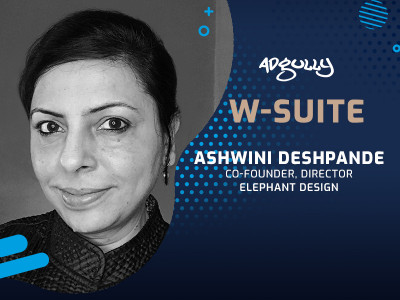








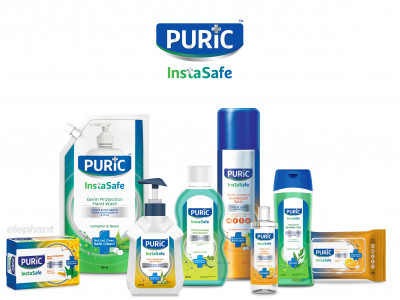

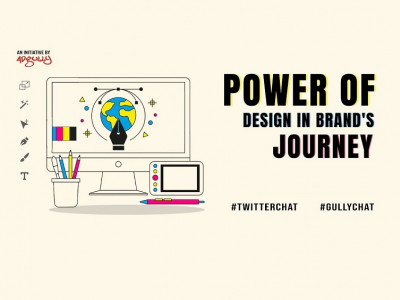

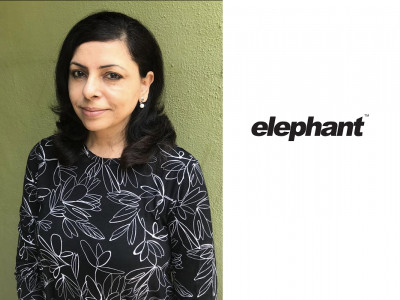
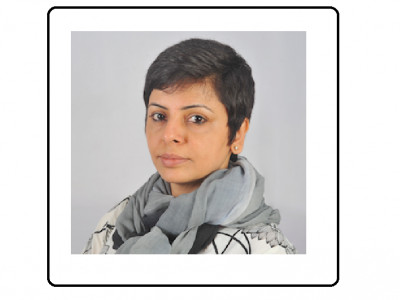


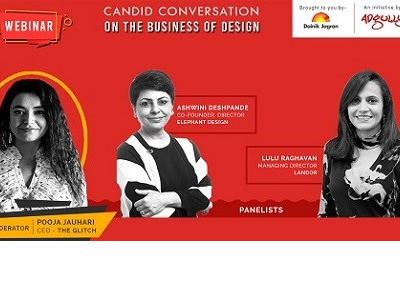



Share
Facebook
YouTube
Tweet
Twitter
LinkedIn